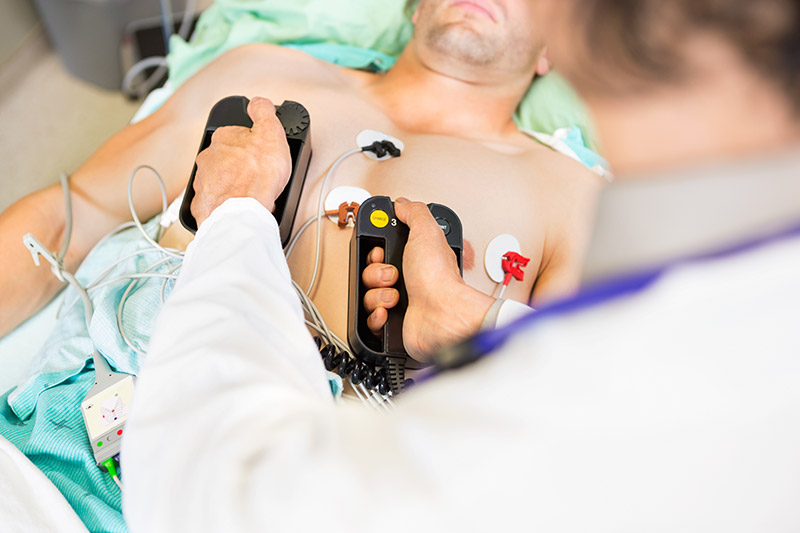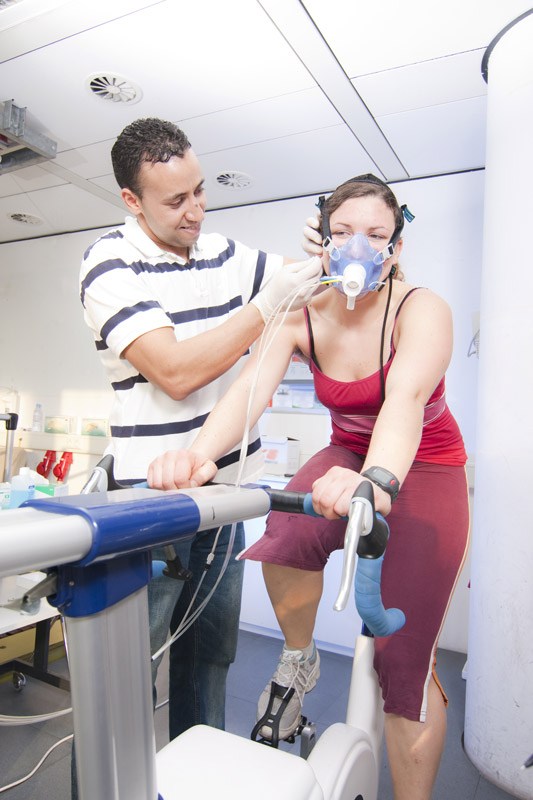- Home
- About Us
- Advanced Testing
- Nutrition & Self-Care
- Further Learning
- New Member Info
- Contact
Heart disease is the number one killer of both men and women in this nation, despite guideline-driven care.
Did you know your basic blood work and stress test can be normal, and you could STILL be at risk of having a heart attack or stroke?
We cannot afford to take our chances with this one. We must go above and beyond the current standard of care in medicine if we want to put a dent in the current statistics.
Do you want to know your TRUE risk of having a heart attack or stroke?

The good news is we currently have the tools needed to identify the hidden risk factors that are putting patients at increased cardiovascular risk – we just need to use them. This is where advanced testing comes in.
Whole Heart Family Medicine was established as a place where patients could get advanced testing to help uncover hidden risk factors of disease and then receive a personalized treatment plan to target these abnormalities. Our goal is to help patients beat the current statistics and enjoy a long happy life with their loved ones.
Do something today for a better tomorrow!
Make an appointment now for advanced testing. We are here to help.
For 50% of patients with coronary heart disease, SUDDEN DEATH is their first presenting symptom. 22 Clearly this is too late. We must identify hidden risk factors earlier if we are going to beat this disease.

Current risk estimates can misclassify true coronary heart disease risk in individual patients. 16 These risk algorithms may be okay for large populations, but they are limited in predictive power for individuals. 17 Additional blood work can often help clinicians evaluate a patient’s cardiovascular risk more accurately, especially when there is uncertainty about the need to start drug therapy. This is especially beneficial for intermediate-risk patients. 18 20

A majority of patients who experience their first heart attack have a traditional risk factor profile that does NOT qualify them for preventive medical therapy. 15 Since most patients with CHD do not have a classic lipid disorder (such as elevated LDL-C), advanced tests are needed to help explain the etiology of their disease (or identify risk factors in people who are unaware of their existing disease).

More people on a statin drug have a cardiovascular (CV) event than the number prevented from having an event, so this treatment alone is not sufficient. Journalist Tim Russert, host of NBC’s Meet The Press, is a great example. Russert died at 58 of a heart attack, yet he was on blood pressure and cholesterol medication, had recently passed a stress test, and was exercising regularly.
We must identify and address the source of the problem (the residual risk) if we want to stop the progression of CV disease. 23 Inflammation is the prime culprit of CV disease, but this can be detected with advanced blood tests.

Family history is a powerful predictor of CV events, so knowing someone’s genetic make-up can help clarify this risk and identify which patients require more aggressive treatment. 24 When added to other advanced testing, genetic information helps guide clinical decision-making, particularly for the moderate risk patients who are “on the fence.” However, it is important to remember that though genetics play a role in our risk of developing disease, they do not determine our destiny. As Dr. Robert Superko put it, "Genetics are the gun, but lifestyle is the trigger."

Traditional stress tests typically only identify advanced blockages in the coronary arteries, helping to determine which patients might need surgical intervention (stent placement or coronary artery bypass surgery). However, it takes decades for disease to progress to this point. By utilizing cardiopulmonary stress testing (CPET) instead, we can identify disease at the early stages, even when it has only affected the small vessels (microvascular disease). This way we can intervene with treatment strategies earlier and help prevent existing plaque from progressing and eventually blocking the larger arteries (and causing a heart attack or stroke).

Regular carotid ultrasounds can only identify large plaques impeding blood flow in the neck, while small plaques (and even just inflammation) in the lining of these arteries can still be an important indicator of CV risk. Instead of waiting to use carotid ultrasound measurements in the late stages of vascular disease, we aim to target these abnormalities early with the carotid intima-media thickness test (CIMT). This test can be done annually to help monitor the progression or regression of vascular disease over time, helping to confirm the effectiveness of any prescribed treatments.

At WHFM we believe every adult needs advanced testing at least once so we can identify any hidden risk factors that warrant treatment.
You can read more about our advanced bloodwork, CIMT, and CPET testing below.
Do something today for a better tomorrow!
Make an appointment now for advanced testing. We are here to help.
50% of coronary heart disease (CHD) diagnosis occurs at time of SUDDEN DEATH. Clearly this is too late. We need to identify hidden risk factors earlier. 22
Current risk estimates may work for assessing large populations of people, but they can misclassify true CV risk in individual patients.16 These risk algorithms are limited in predictive power for individuals.17 When there is uncertainty about the need to start drug therapy, the American Heart Association and other national groups have recommended additional testing be considered for refining risk estimates in intermediate-risk patients. 18 20
A majority of patients who experience their first heart attack have a traditional risk factor profile that does NOT qualify them for preventive medical therapy. 15 Since most patients with CHD do not have a classic lipid disorder (such as elevated LDL-C), advanced tests are needed to help explain the etiology of their disease.
More people on a statin drug have a CV event than the number prevented from having an event, so this treatment alone is not sufficient. We must identify the source of the problem (the residual risk) and address inflammation if we want to stop the progression of CV disease.23 Inflammation testing is included in the panel of advanced blood work.
Family history is a powerful predictor of CV events, so knowing someone’s genetic make-up can help clarify this risk and identify the patients most deserving of aggressive and individualized treatment. 24 When added to other advanced testing, this information helps guide clinical decision-making, particularly for the moderate risk patient that is “on the fence.” However, it is important to remember that though genetics play a role in our risk of developing disease, they do not determine our destiny. As Dr. Robert Superko put it, "Genetics are the gun but lifestyle is the trigger."
Traditional stress tests (treadmill or nuclear) can typically only identify advanced blockages in the coronary arteries, helping to identify which patients might need surgical intervention (stent placement or coronary artery bypass surgery). However, it takes decades for disease to progress to this point. By utilizing cardiopulmonary stress testing (CPET) instead, we can identify disease at the early stages, even when it has only affected the small vessels (microvascular disease). This way we can intervene with treatment strategies earlier, to prevent it from worsening and eventually blocking the larger arteries (and causing a heart attack or stroke).
Traditional carotid ultrasounds (of the large arteries in the neck) are ordered for the purpose of identifying patients who have large plaque obstructions obstructing blood flow to the brain. However, even inflammation in the lining of the artery and smaller degrees of plaques can indicate CV risk. Instead of using carotid ultrasound measurements in the late stages of the disease process, we aim to target vascular abnormalities early with the carotid intima-media thickness test (CIMT)